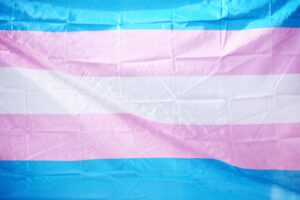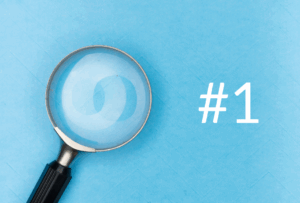
“How to Ask for an Abortion” video Competing for IHDCYH Talks Prize
A video produced by Kaiya Jacob and Dr. Sarah Munro of the Reproductive Choices Lab is competing for a 2025 IHDCYH Talks prize. Watch the video and cast your vote by November 30, 2025!




